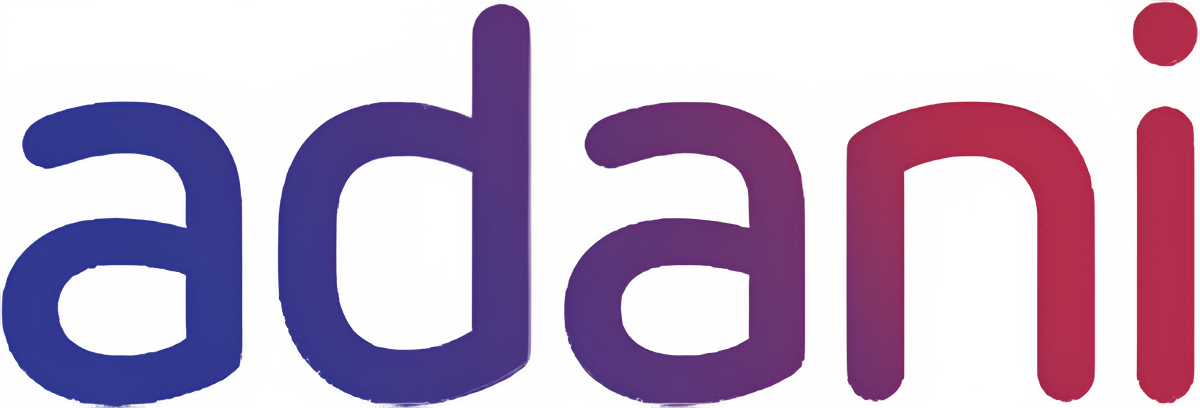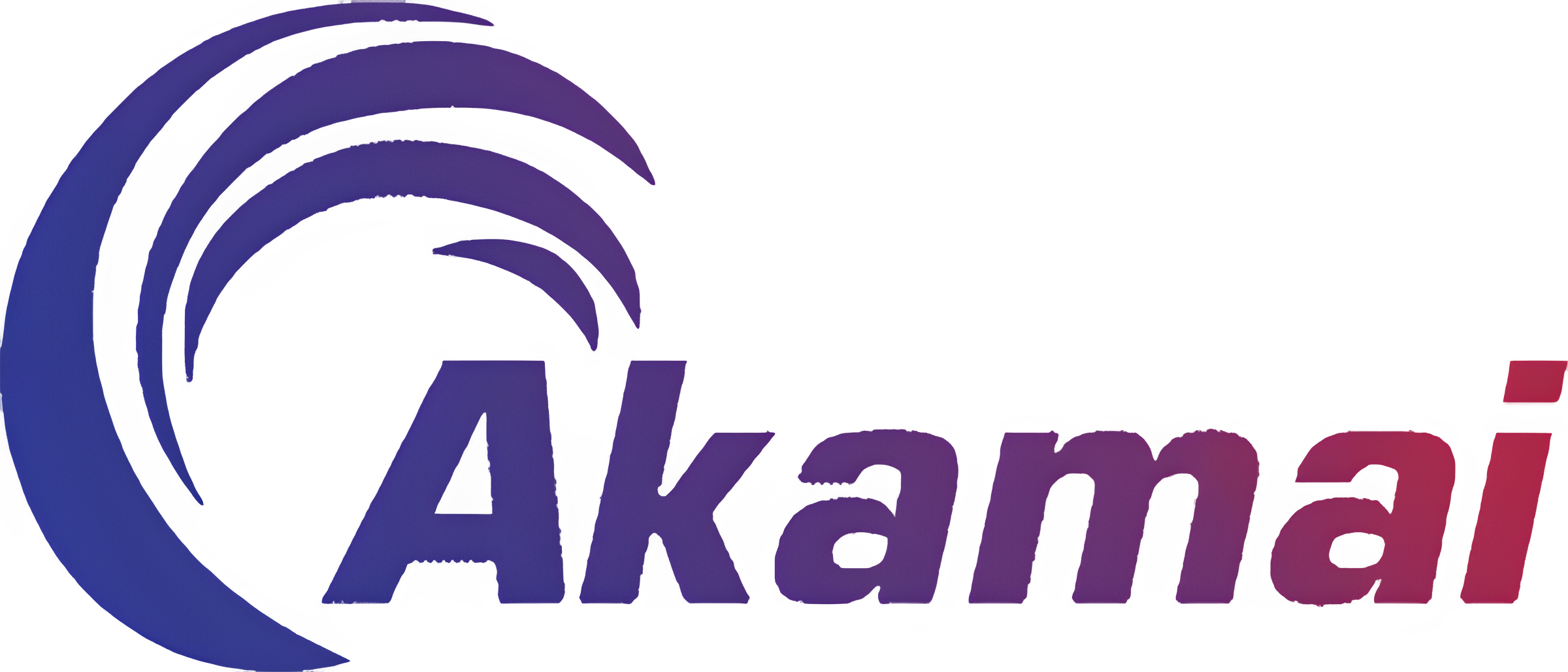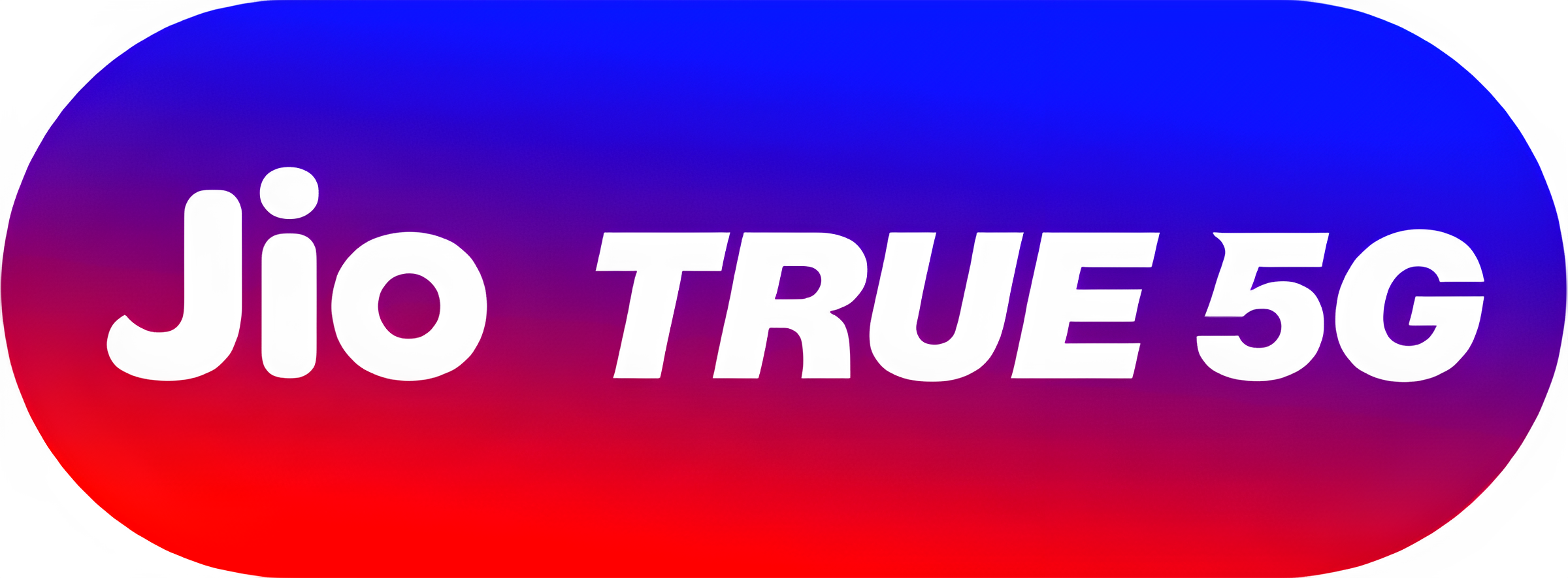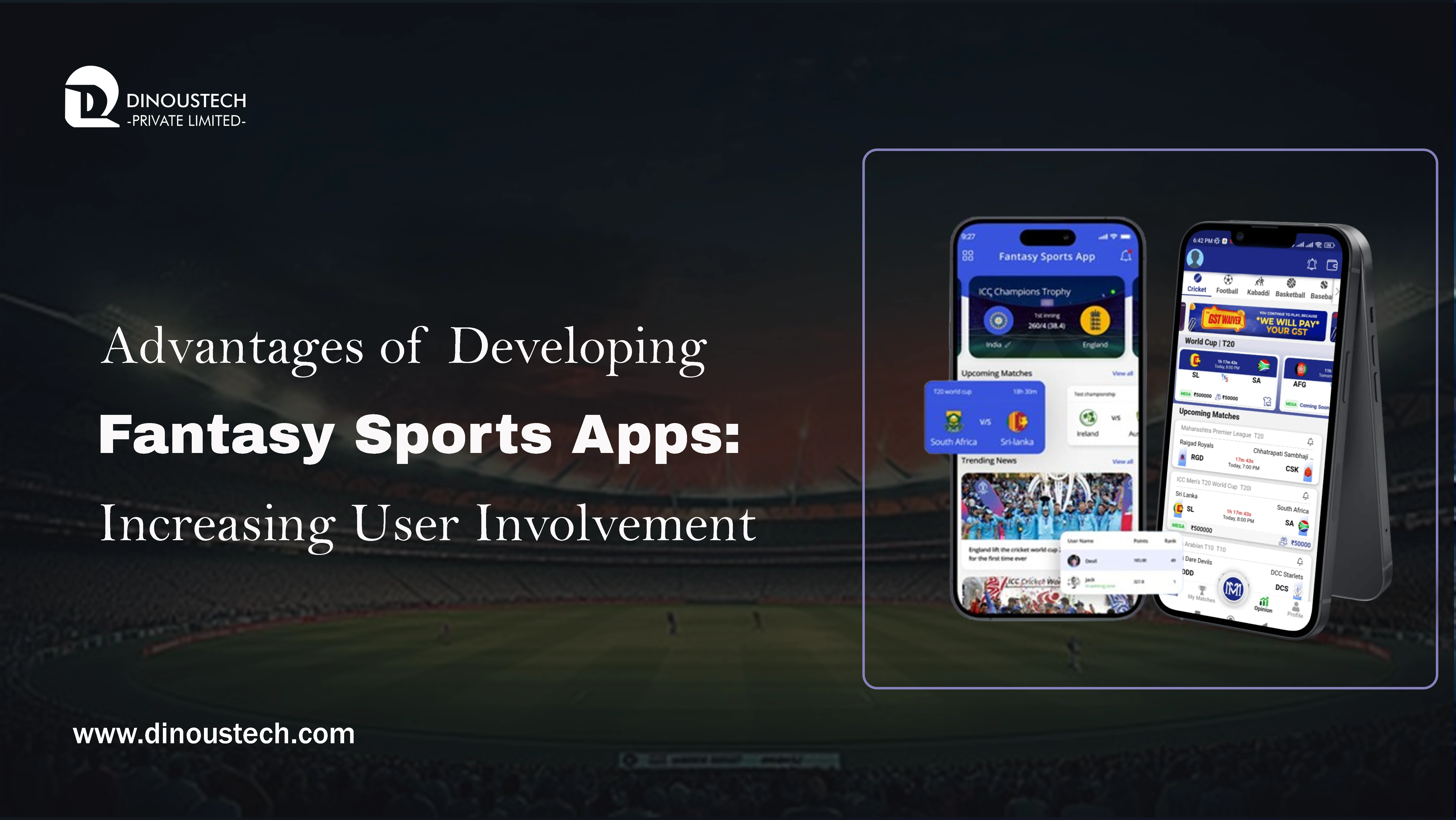Advantages of Developing Fantasy Sports Apps: Increasing User Involvement
Fantasy sports apps have transformed passive viewership into active participation, driving substantial growth in user engagement, retention, and monetization. By offering real-time scoring, social interactions, and gamified mechanics, these platforms keep users invested throughout sports seasons. Developing such an app requires careful planning around scalable architectures, robust data integration, and compelling UX. Partnering with a fantasy sports app development company or fantasy app development company like Dinoustech that specialized expertise in real-time systems, sports data APIs, and compliance with gaming regulations.
While mobile app development cost varies—from entry-level apps at around USD 50,000 to enterprise solutions exceeding USD 300,000—working with an affordable software development company can optimize budgets without compromising quality. Ongoing support by an affordable software maintenance company is essential to handle live updates, security patches, and user analytics. Complementary web portals designed by a Custom Website Design Company or affordable web development services further boost reach and retention. Below, we explore market trends, engagement tactics, technical architectures, cost considerations, and development best practices—all in a smooth narrative without excessive subpoints.
The Evolution and Market Dynamics of Fantasy Sports
The fantasy sports market has matured from simple draft leagues into sophisticated, year-round entertainment ecosystems. In 2024, the global fantasy sports market was valued at over USD 30 billion, with forecasts estimating growth to USD 34 billion by 2025, driven by expanding broadband access and mobile adoption. Daily fantasy sports (DFS) now account for a significant share, with leading apps reporting millions of active participants and retention rates above 20% at the one-week mark. This market expansion is amplified by the rise of esports fantasy leagues, where digital gaming tournaments draw younger demographics seeking interactive viewing experiences. As traditional sports integrate virtual elements—such as augmented reality overlays during live games—the demand for seamless fantasy integrations continues to escalate.
Emerging regions in Asia and Latin America present untapped user bases hungry for localized fantasy competitions. Cricket fantasy leagues in South Asia have seen user bases swell to tens of millions during major tournaments like the IPL, illustrating how regional customization drives exponential engagement. These market dynamics underscore the need for fantasy sports app development company expertise in both global best practices and local market nuances, ensuring apps resonate with diverse audiences.
👉Also Read: - Turning Sports Passion into Profit: Build Your Own Fantasy App Today
Driving User Involvement Through Gamification and Social Features
Central to any successful fantasy sports app are the mechanisms that transform passive fans into active strategists. Real-time scoring updates—powered by low-latency data streams—allow users to track their team’s performance down to the play level. Push notifications trigger at key moments, such as a game-winning play or injury alert, compelling users to re-engage within minutes. Social features—including in-app messaging, public leaderboards, and customizable chat rooms—foster community and competition among friends and rivals alike. These social layers leverage network effects: as users compete, they invite peers, expanding the user base organically.
Advanced apps incorporate weekly and daily challenges that inject urgency and variety. For example, daily pick’em contests offer quick turnaround and micro-investments, ideal for users with limited time or budget. Seasonal leagues, padded with achievements and rewards, maintain engagement over months. Achievements and badge systems recognize milestones—like “100 games played” or “top 1% finisher”—providing psychological incentives that heighten loyalty. A fantasy sports app development company designs these mechanics holistically, ensuring they align with sports schedules, user motivations, and monetization strategies.
Technical Architecture for Scalability and Real-Time Performance
Under the hood, fantasy sports apps demand robust architectures that can handle massive concurrency and unpredictable traffic spikes—especially during marquee matchups. A microservices approach decouples key functions (user profiles, league management, scoring engine, payments, notifications), allowing each service to scale independently under container orchestration platforms such as Kubernetes. Real-time communication is often implemented using WebSockets or MQTT protocols, supporting thousands of simultaneous connections with minimal latency.
Data integration bridges live sports APIs (e.g., Sportradar, StatsPerform) with internal scoring services. A hybrid database strategy combines relational stores (PostgreSQL) for transactional integrity—such as contest entries and payment records—with NoSQL databases (Cassandra, MongoDB) for high-velocity writes and reads of event data. Redis or Memcached caching layers reduce database load for leaderboard queries and session state. Message queuing systems (Kafka, RabbitMQ) buffer data pipelines, ensuring reliable ingestion of game events and asynchronous processing of notifications.
Security and compliance are paramount, especially when real money entries and payouts occur. Applications incorporate encrypted transport (TLS 1.2+), tokenization of payment credentials via PCI-DSS–compliant gateways, and rigorous fraud detection powered by machine learning models. A specialized fantasy app development company ensures these system components adhere to gaming regulations and data privacy laws across jurisdictions.
👉Must Read: - Launch a Fantasy Sports App for IPL, FIFA & Other Mega League
Designing Engaging User Experiences
The user interface must balance rich functionality with intuitive navigation. Upon login, users should see a personalized dashboard highlighting active contests, recent scores, and recommended leagues. Throughout the app, animations signal score changes, while smooth swipe gestures enable quick roster swaps. Dark and light themes cater to user preferences, and accessibility features—such as high-contrast text and screen reader support—ensure inclusive design.
Onboarding flows use progressive disclosure: initial tutorials guide users through creating their first team, while context-sensitive tips appear when users explore new features like draft boards or trade markets. In-app tooltips explain complex rules (e.g., keeper leagues or salary caps) without overwhelming novices. Live chat support and chatbot assistants improve help responsiveness, especially during live events.
User-centric design is refined through A/B testing. Small changes—like button colors, notification phrasing, or contest labels—can impact click-through and retention rates significantly. Metrics tracked include session length, daily active users (DAU), churn rate, and lifetime value (LTV). By iterating on these insights, apps evolve to meet player expectations and maximize engagement.
Cost Considerations for Fantasy Sports App Development
Estimating mobile app development cost for a fantasy sports platform encompasses feature scope, team composition, and regional hourly rates. A lean MVP—including user authentication, contest creation, basic scoring, and leaderboard views—can be built in 1,200–1,500 hours, costing between USD 50,000 and USD 80,000 in offshore markets. Mid-tier apps adding real-time chat, dynamic suggestions, and advanced analytics require 2,000–3,000 hours, pushing budgets to USD 100,000–150,000. Enterprise-grade solutions—featuring AI-driven lineup recommendations, AR interfaces, and global multi-region deployments—can demand 4,000+ hours and budgets exceeding USD 250,000.
Working with an affordable software development company can reduce rates without sacrificing quality, especially using hybrid teams with onshore project management and offshore engineering. Leveraging cross-platform frameworks (React Native, Flutter) further curtails costs by sharing up to 80% of code across devices.
👉Also Read: - Why Regular Testing is Essential for Fantasy Sports App Success
Monetization Models and Revenue Streams
Fantasy sports apps monetize through diverse channels. Entry fees for cash-prize contests remain core, with platforms typically charging a 10–20% commission. Subscription models offer ad-free experiences or access to premium analytics tools and private leagues. In-app purchases—such as power-ups, advanced draft aids, or custom avatars—provide incremental revenue. Advertising partnerships with sports brands and sponsorships within leagues create additional streams. Data insights and B2B partnerships—selling anonymized engagement metrics or API access to sports media—can unlock further monetization. A fantasy sports app development company crafts these models in line with legal requirements and user expectations.
Post-Launch Maintenance and Growth
Once deployed, continuous support by an affordable software maintenance company is vital. This includes application updates for new sports seasons, patching security vulnerabilities, scaling infrastructure for high-traffic events, and rolling out new features. Maintenance budgets typically allocate 15–20% of initial development costs annually. Additionally, monitoring tools (Prometheus, Grafana) track system health, while crash reporting and user feedback channels inform rapid issue resolution.
Growth strategies focus on community building and marketing. Social media integrations let users share lineups and achievements, while referral programs incentivize friend invites. Partnerships with sports influencers and native app store optimization boost visibility. Seasonal promotions tied to major tournaments—offering free entries or merchandise—ignite spikes in acquisition.
👉Must Read: - The Booming Fantasy Sports App Market: Reasons and Opportunities
The Role of Web Platforms in a Multi-Channel Strategy
Complementary web portals, designed by a custom website design company, extend reach to desktop users and enhance SEO. Responsive web versions mirror mobile app features—contest creation, real-time leaderboards, and account management—while enabling deeper content like editorial articles, video highlights, and community forums. Affordable web development services ensure professional web experiences integrate seamlessly with mobile APIs, providing unified user profiles and shared wallet balances across devices.
Selecting Your Development Partner
Developing a cutting-edge fantasy sports app requires blending real-time data integration, gamified social features, and a scalable microservices architecture to deliver truly immersive experiences that drive user involvement. By partnering with a specialized fantasy sports app development company or fantasy app development company, you gain access to expertise in sports data APIs, low-latency messaging, and regulatory compliance. Managing your mobile app development cost effectively—whether you choose an affordable software development company for cost efficiencies or invest in enterprise-grade solutions—ensures you hit your budget and timeline. Post-launch, an affordable software maintenance company keeps your platform running smoothly through season-to-season updates and security patches. A polished web presence from a custom website design company or via affordable web development services complements your mobile app and broadens your reach.
Dinoustech Private Limited is ready to be your end-to-end partner in fantasy sports app development, combining deep domain expertise with tailored, cost-effective solutions that keep users engaged and coming back for more.

















